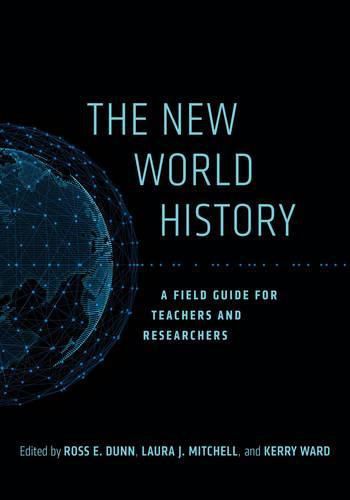Readings Newsletter
Become a Readings Member to make your shopping experience even easier.
Sign in or sign up for free!
You’re not far away from qualifying for FREE standard shipping within Australia
You’ve qualified for FREE standard shipping within Australia
The cart is loading…






The New World History is a comprehensive volume of essays selected to enrich world history teaching and scholarship in this rapidly expanding field. The forty-four articles in this book take stock of the history, evolving literature, and current trajectories of new world history. These essays, together with the editors’ introductions to thematic chapters, encourage educators and students to reflect critically on the development of the field and to explore concepts, approaches, and insights valuable to their own work. The selections are organized in ten chapters that survey the history of the movement, the seminal ideas of founding thinkers and today’s practitioners, changing concepts of world historical space and time, comparative methods, environmental history, the big history movement, globalization, debates over the meaning of Western power, and ongoing questions about the intellectual premises and assumptions that have shaped the field.
$9.00 standard shipping within Australia
FREE standard shipping within Australia for orders over $100.00
Express & International shipping calculated at checkout
The New World History is a comprehensive volume of essays selected to enrich world history teaching and scholarship in this rapidly expanding field. The forty-four articles in this book take stock of the history, evolving literature, and current trajectories of new world history. These essays, together with the editors’ introductions to thematic chapters, encourage educators and students to reflect critically on the development of the field and to explore concepts, approaches, and insights valuable to their own work. The selections are organized in ten chapters that survey the history of the movement, the seminal ideas of founding thinkers and today’s practitioners, changing concepts of world historical space and time, comparative methods, environmental history, the big history movement, globalization, debates over the meaning of Western power, and ongoing questions about the intellectual premises and assumptions that have shaped the field.